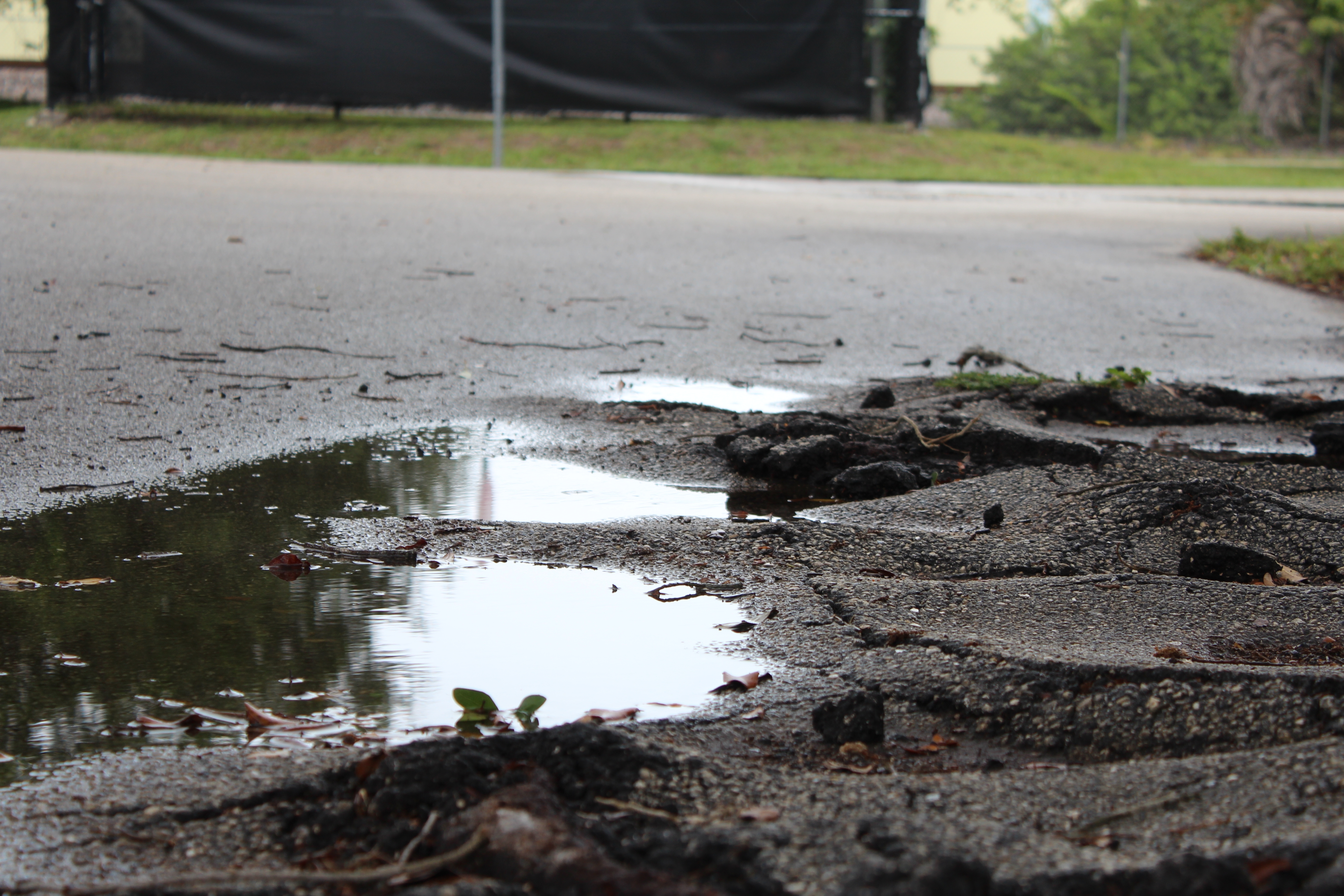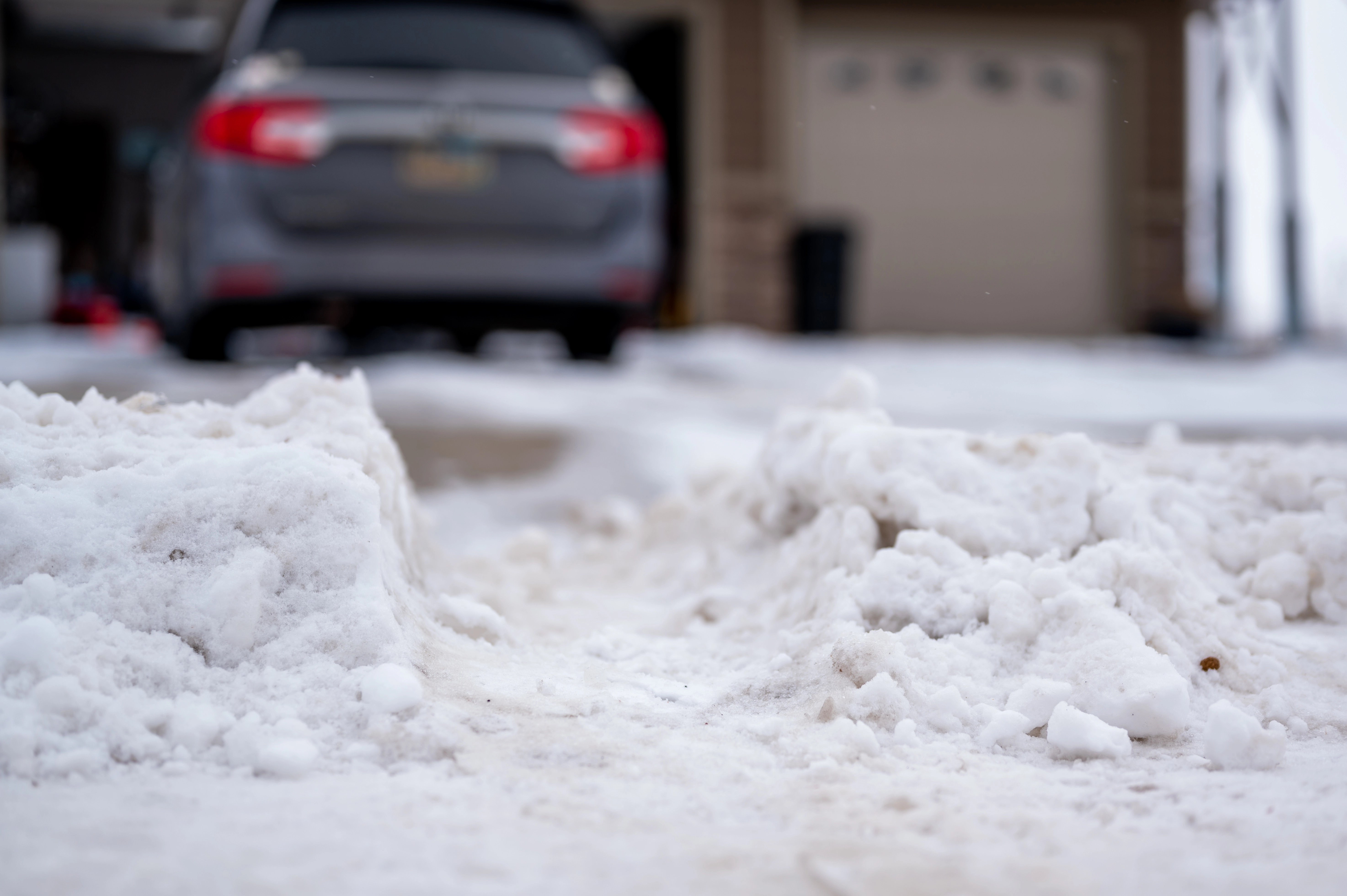Ideal weather for driveway paving?
6 September 2023
Paving a driveway is a project that requires careful planning. One of the crucial elements often overlooked is determining the optimal temperature to do the work. The temperature impacts not only the quality of the asphalt, but also its durability. So, what’s the ideal temperature for paving your driveway? Let’s check together all the details to understand these issues.
Asphalt is composed of bitumen, a binding agent, and combined with aggregates like sand, crushed stone, or gravel. At lower temperatures, bitumen can solidify and become less workable. On the other hand, at too high temperatures, it might become too liquid, compromising its binding efficacy. What’s more, once applied, asphalt must be pressed to ensure its strength and stability. If asphalt cools too quickly, compaction may not be optimal, leaving less dense areas susceptible to defects.
The ideal temperature : finding the right balance
Ambient temperature plays a crucial role in the asphalt paving process. Typically, the sweet spot for asphalt application lies between 20°C and 30°C.
During this range, the bitumen remains sufficiently fluid to be spread evenly. However, it’s not just the temperature that counts, but also the temperature of the ground. If the ground is too cold, it can rapidly cool the asphalt, impairing the compaction stage. That’s why you need to take the time to check the ground temperature before starting work.
Other factors to consider
The first factor is wind and humidity, both of which can affect the cooling rate of asphalt. A windy or particularly wet day may not be conducive to asphalting, even if the temperature is within the recommended range.
The second factor to consider is the thickness of the asphalt layer. Indeed, a thicker layer of asphalt will take longer to cool down, which can be difficult in less favorable conditions. Conversely, a thin layer can cool very quickly!
The final factor is the type of asphalt mix. There are different asphalt mixes, and some are specifically designed for use at lower temperatures. If you plan to asphalt outside the ideal range, consult your supplier to choose the right mix.
Temperature plays a decisive role in the success of a home paving project. Although 20°C to 30°C is the ideal temperature range, other factors must also be considered. For further inquiries, feel free to reach out to Pavage Massie, the asphalt professionals in the Outaouais region!



